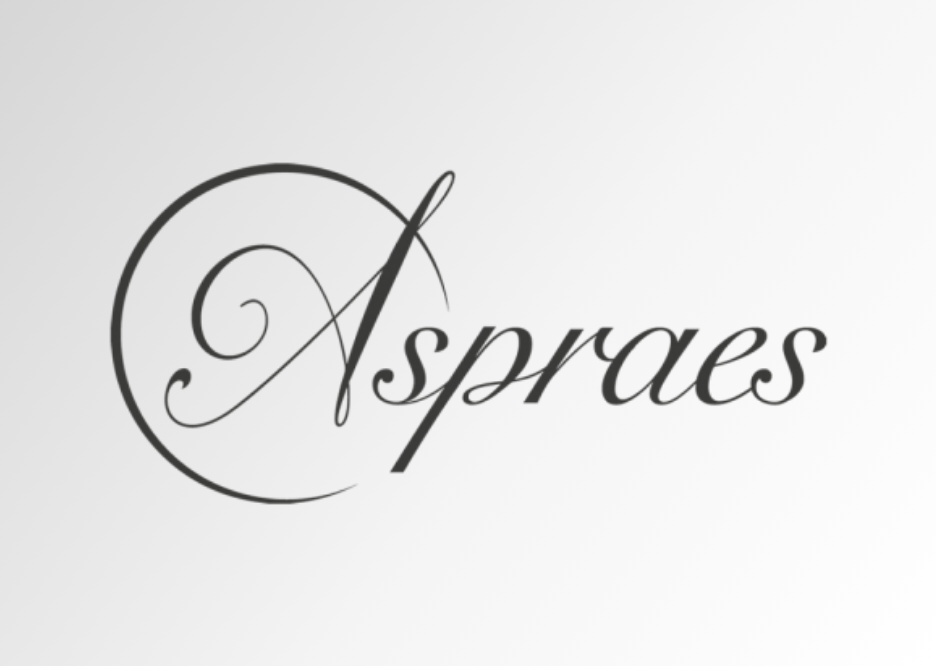Tax planning for a new government: Should you take salary or dividends from your company?
Following the change of government, has the landscape of remuneration planning changed?
Having won the election, Labour have yet to set a date for their first Budget, and the announcements in the King’s Speech have not provided any insight into their plans for the coming years.
Therefore, as it stands, there is no change to the renumeration strategies that have been used over the last number of years.
A key consideration for business owners, is how to take their cash remuneration: through dividends, salary, or a combination of both. There are a number of points to consider. Commercially, when obtaining a mortgage or personal finance, it can be easier to show the lender a P60 rather than dividend income, for example. Then there is the tax angle – determining which option is more efficient for tax. This is the area we will explore .
Salary vs. dividends for business owners
The taxation of dividends and salary are of course different both for the company and the owner. The company can deduct the salary from its profits before calculating its tax liability, whereas dividends are drawn from the post tax profits.
For the business owner, salary is an earned income, attracting National Insurance. Dividends being treated as “unearned” do not suffer National Insurance and are subject to a lower Income Tax rate.
Which is more efficient? Below we look at the position of a business owner wanting to take £100k of income from the company. This will therefore maximise their income whilst fully preserving their tax-free personal allowance.
Example:
| Company | Option 1 | Option 2 | Option 3 |
| Salary | 100,000 | - | 12,570 |
| Dividend | - | 100,000 | 87,430 |
| Employer’s NIC | 12,544 | - | 479 |
| Corporation Tax relief (25%) | (28,136) | - | (3,262) |
| Cost to company | 84,408 | 100,000 | 97,217 |
| Business owner | Option 1 | Option 2 | Option 3 |
| Salary | 100,000 | - | 12,570 |
| Dividend | - | 100,000 | 87,430 |
| Employee’s NIC | (4,011) | - | - |
| Income Tax | (27,432) | (20,039) | (15,797) |
| Take home income | 68,557 | 79,961 | 84,203 |
| Efficiency rate | 81% | 80% |
87
|
From this example, it is clear that the most efficient route to taking cash remuneration is to take a personal allowance level salary, and the remainder as dividend.
We have considered the position where the company pays Corporation Tax at 25%, but this optimal strategy is the same even if the company pays its tax at the lower 19% rate, or the 26.5% marginal rate.
Key considerations for effective remuneration planning
When considering remuneration planning it is always important to know what you are trying to achieve. Is there are specific level of net income you require to fund your lifestyle? Do you need to show a certain level to total income for finance or visa applications? Are you considering a company sale and want to consider if it is best to withdraw funds or leave them in the company? There are varying considerations for each of these.
But what if your situation is not that simple? Maybe you already take a salary from your business at a higher level or have benefits in kind (such as a company car). What should you do then?
Unfortunately, the closing of the gap between dividends and salary means that there is no quick and easy answer to this question, and the position will depend on your exact circumstances. There are a few things to consider:
-
If you have salary utilising your basic rate band (£50,270 plus) then taking salary instead of dividend can more tax efficient – however, care needs to be taken if you have multiple employments as National Insurance would be calculated on each employment. If the company pays tax at the lower 19% rate as these can remove this saving.
-
Do you have allowances that are not being utilised? For example, the savings allowance and starting rate band, potentially up to £6k of interest income, can be tax-free. If you have lent your company funds it may be worth charging interest to take a tax-free income whilst obtaining tax relief in the company.
-
Pension contributions remain a highlytax-efficient part of remuneration planning. With the increase in the annual pension allowance to £60k and the ability to use unused allowances from the previous three years, it may be time to have a look at your pension provision.
- Tax is not the only crucial factor in deciding how to remunerate yourself, and with the difference between dividend and salary shrinking, these other factors may now have more weight. For example, if you are obtaining finance or re-mortgaging, this is often easier if you can show a lender a salary rather than dividends as your main source of income.
Remuneration planning is no longer one size fits all, and the tax and non-tax considerations are ever increasing. As the difference between dividends or salary has reduced, your aims and personal requirements will play a greater role in how to extract funds from your company.
If you have any questions or would like to consider your remuneration strategy, then please get in touch and we will be happy to help you through these ever-changing waters.
If you have any questions about the above, or would like more information specific to your circumstances, please enter your email address below and we will get in touch:
















